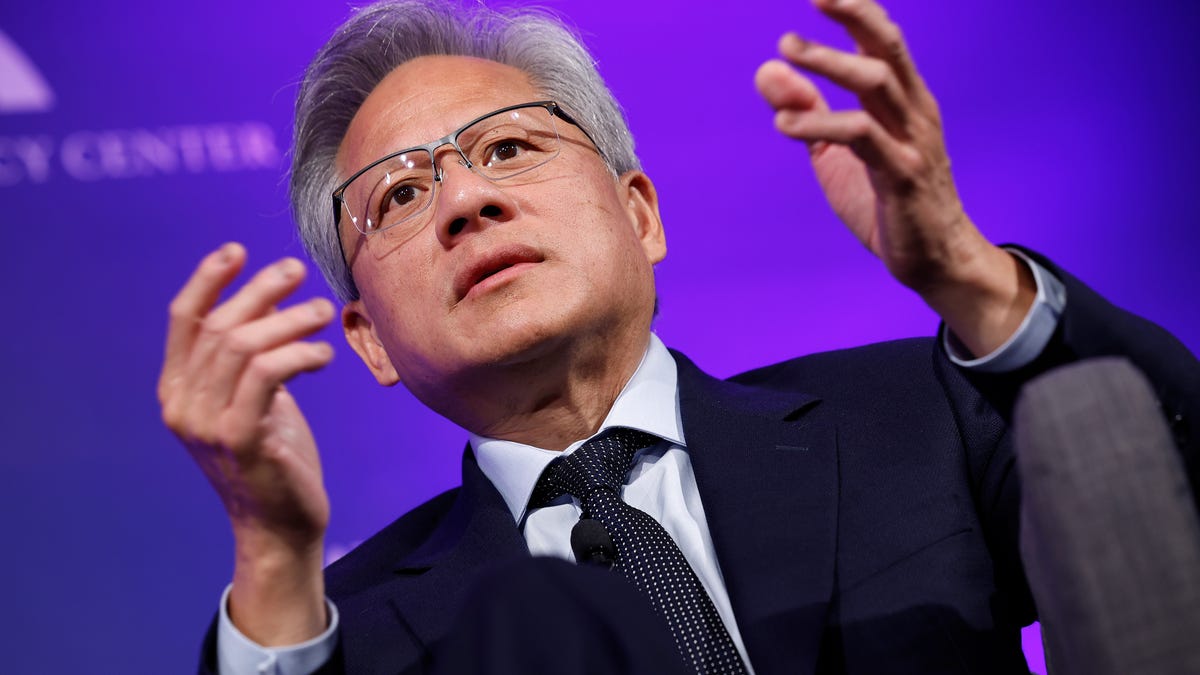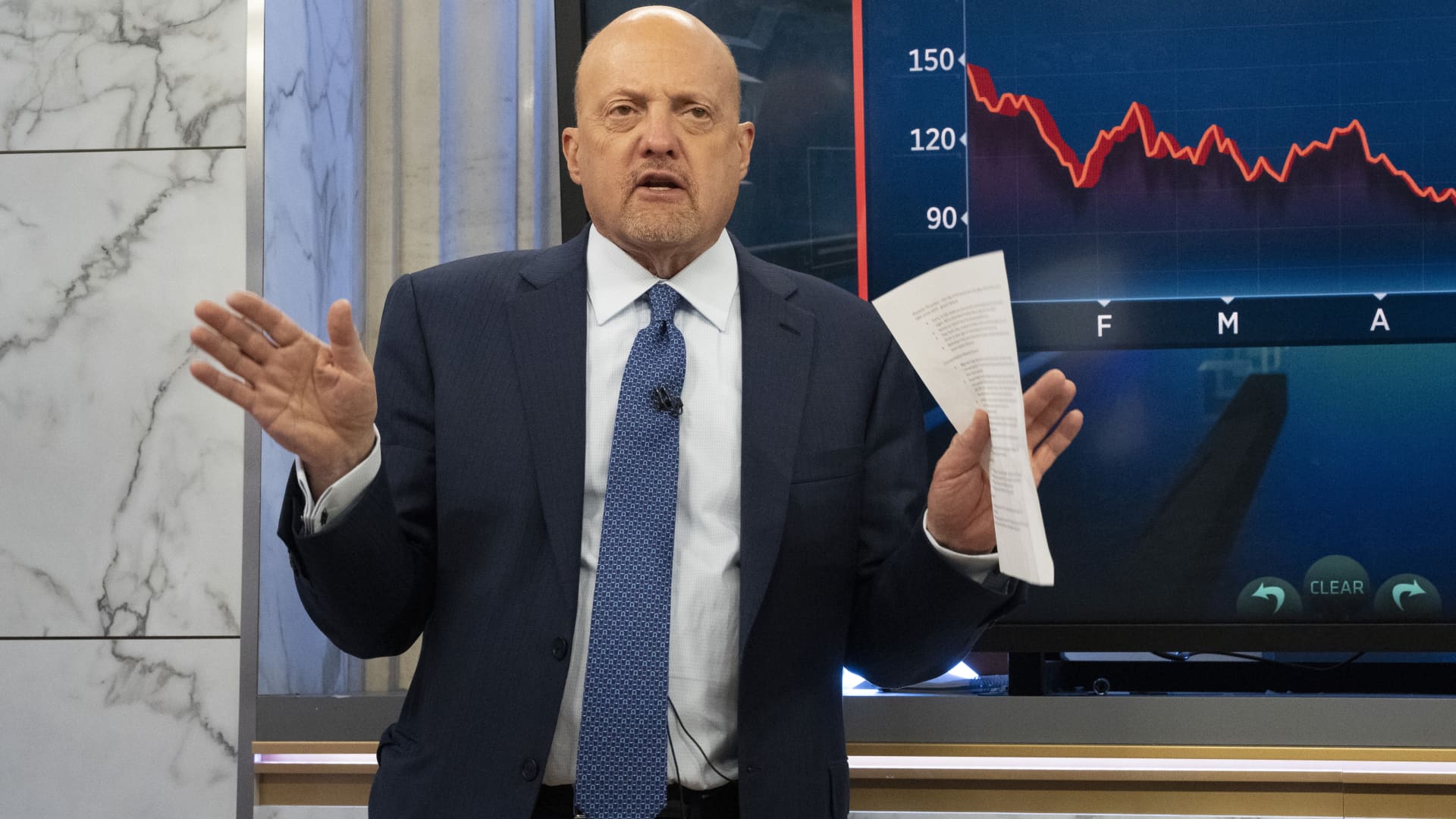In This Story
While Nvidia’s (NVDA-1.75%) shares have tripled in value so far this year, its shares dropped more than 10% in the week after it reported fiscal third-quarter earnings.
The chipmaker’s shares were down by about 2.3% during Wednesday afternoon trading and was down by almost 10.4% over the past five days.
After the company reported record fiscal third-quarter earnings last week, Nvidia’s shares fell by almost 3.5% in after-hours trading. The decline continued the following morning, with the stock dropping around 1%. Despite beating revenue estimates for another straight quarter, Nvidia set its fiscal fourth quarter revenue guidance at $37.5 billion, plus or minus 2% — only slightly above what analysts were expecting.
The stock slide deepened Monday, when Nvidia’s shares dropped by more than 4% after Reuters (TRI+0.84%) reported that the company’s executive vice president of Worldwide Field Operations Jay Puri had met with Chinese vice commerce minister Wang Shouwen in Beijing.
President-elect Donald Trump has pledged to raise tariffs on Chinese imports by 60% or more when he takes office in January, recently adding that he would impose an additional 10% tariff “on all of their many products coming into the United States of America” until China stops the flow of fentanyl and other drugs into the US.
These proposed tariffs could spark retaliatory measures from Beijing, with Chinese state media warning Tuesday that “there are no winners in tariff wars.” China remains a crucial market for Nvidia, accounting for about 17% of the company’s revenue in the year ending January 2024, down from 26% two years earlier due to existing US export restrictions. The company’s latest China-specific chip, the H20, is projected to generate over $12 billion in sales this year, according to research group SemiAnalysis.
Meanwhile, the outgoing Biden administration is expected to announce new export controls on China as early as next week, Reuters reported, that could target hundreds of Chinese chip companies. The U.S. has already imposed several trade restrictions to prevent U.S. firms, including Nvidia, from exporting U.S.-made technology to China.


